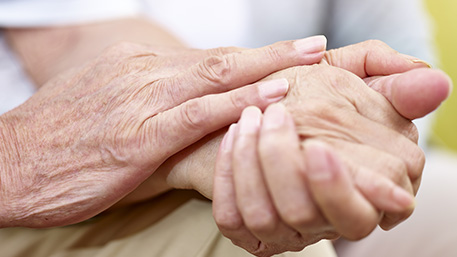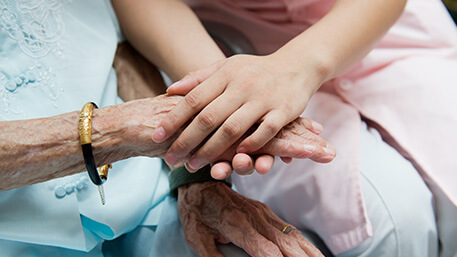Early Symptoms
Finding out you or a family member have been diagnosed with Alzheimer’s can leave you with many emotions. For some people it can be upsetting or may come as a shock. For others, receiving an ‘official’ medical diagnosis can simply confirm what has long been suspected.

The below diagram shows the usual route to diagnosis for a patient in the early stages of Alzheimer’s Disease. Typically, a patient or sometimes their family members report memory problems to their GP. The GP will ask a series of questions and may conduct a short test of mental ability. On the basis of this, the doctor will decide whether to refer a patient on to a specialist.
How to get a diagnosis
General Practitioner (GP)
Report memory complaints to a GP. On the basis of an examination, some questions and a brief memory assessment, referral to a specialist may be made.
Specialist
A specialist and their team may perform a thorough set of examinations. This may include in depth memory testing and brain scans.
Diagnosis
Doctors will rule out other possible causes of dementia-like conditions. To make a diagnosis of Alzheimer’s disease, doctors use specific standardised tests and procedures.
Talking to your doctor
Whether you are attending an appointment for yourself or for someone you are supporting, you may find the following tips useful:
- Before your visit, think about any symptoms that you want to raise during your consultation.
- Go with someone who will support you and who can write down any important points the professional makes
- Ask the doctor to write down any medical terms, particularly if English is not your first language
- Ask what you can expect to happen further on in the future – this can be very useful to help you make plans
- Request any information they have about contacting local support groups
- Ask any professional to explain words or phrases that you do not understand
- Ask for specific dietary, exercise and health advice
- Ask where you can get further information if needed







